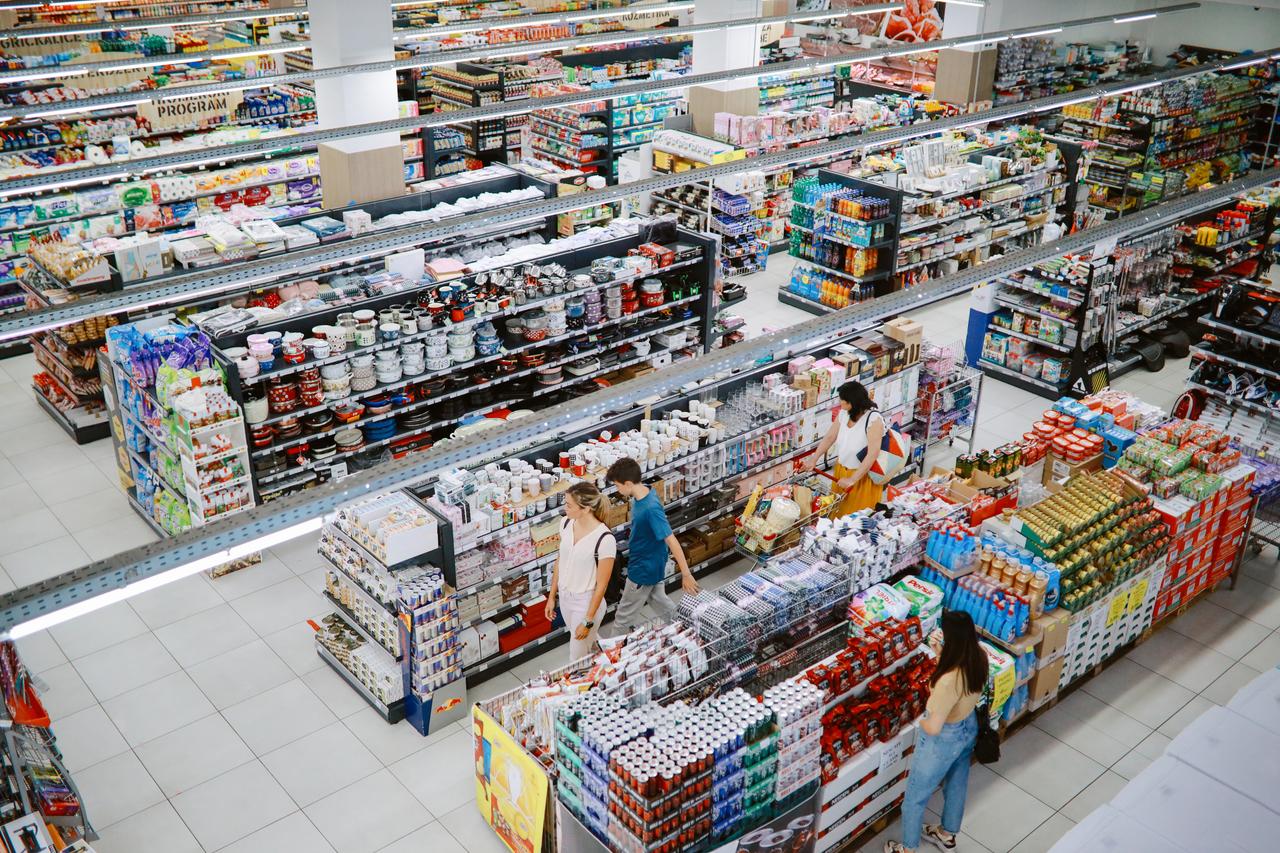Economic situation in Russia not too bad
Do sanctions work?
In any case, -2.1% is better than expected, but that does not mean that the sanctions against the country are not working. Data from the European Statistical Office show that trade between Russia and the EU (imports from Russia as well as exports to Russia) has roughly halved. That is a significant blow to the Russian economy. The country has lost a significant part of its suppliers and outlets. Mainly due to the sanctions, the EU imported less oil, gas and steel from Russia. Russia itself also reduced the trade in gas to European countries.
The downturn in the Russian economy is being mitigated by sharply increased government spending and numerous fiscal incentives. The country also benefited last year from record revenues from energy exports, thanks to rising oil and gas prices. China, India and Turkey are now the main buyers of Russian oil. Some of this oil is resold in a roundabout way to sanctioning countries. Our research department expects production of Russian oil and oil products to be about -5% lower in 2023 compared to 2022. Russian gas revenues will also fall significantly. In early February 2023, the EU ban on Russian oil products came into effect. This is expected to further weaken domestic refinery production.
Rise and fall of the rouble
Ukraine: growth likely again this year
How is Ukraine's economy doing? Last year was of course dramatic. Ukraine's economy contracted by -34% last year. Not only because of the Russian invasion, harvests were also smaller due to bad weather. According to our researchers, the free fall will end this year. We expect economic growth of around +1% in 2023. Of course, we must make some reservations about this because of the risk of war.
Inflation in Ukraine increased to an average of +26.6% last year due to the Russian invasion of the country, according to data from the Ukrainian statistics office. As a result, inflation was lower than expected, because an increase of up to +30% had been expected. In 2021, inflation was +10%. Both the slowdown in growth and inflation put considerable pressure on the country's budget. Ukraine's government deficit quadrupled last year. The Ukrainian currency (hryvnia) has also lost a fifth of its value against the dollar.



